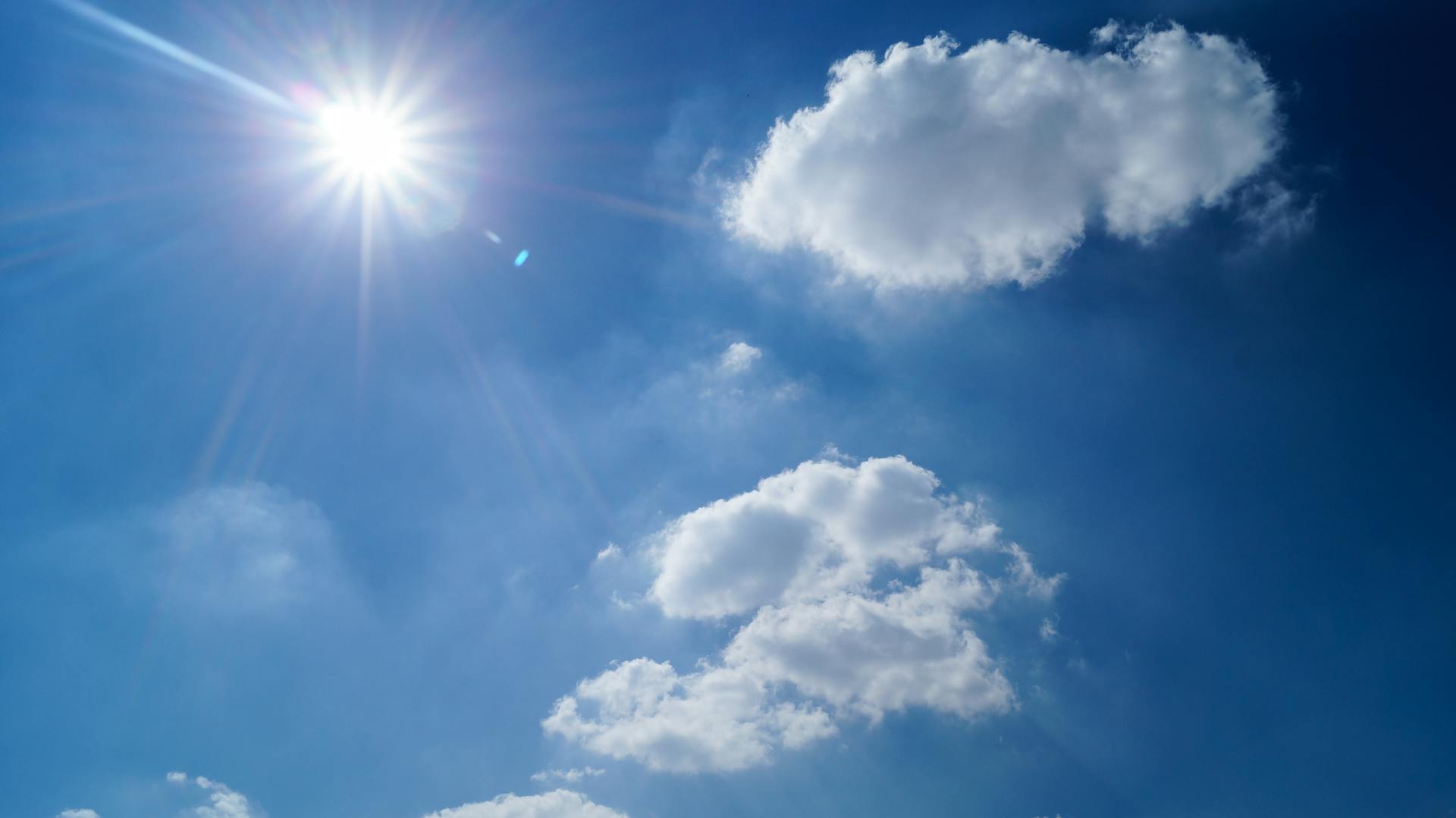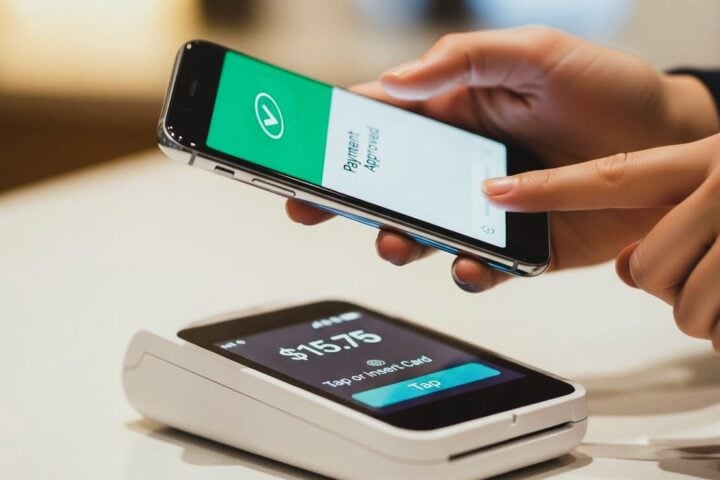In an urgent press conference, government officials have issued a nationwide advisory, warning citizens against placing too much hope in promising weather forecasts. The new directive, titled “Meteorological Disappointment Preparedness Act,” urges residents to assume that sunny predictions are lies, rain forecasts are understatements, and all seasonal projections are simply guesses dressed as science.
The Unpredictable Nature of Predicting Nature
According to Chief Weather Skeptic Junji Shirai, misplaced faith in forecasts has led to record-high levels of emotional distress across the country.
“We’ve observed an alarming trend where citizens plan outdoor events based on ‘clear skies’ predictions, only to be blindsided by spontaneous downpours. The trauma of ruined picnics, washed-out festivals, and wasted sunscreen purchases is staggering.”
One such devastating case is that of Naoto Isaka, 34, an ordinary man who once believed in meteorology.
Just last week, Naoto, a devoted optimist, checked his weather app before heading out for a long-awaited barbecue gathering. The forecast promised nothing but sunshine, the kind of reassurance that makes a man leave his umbrella behind.
But as the grilling began, disaster struck.
“I had just placed the first burgers on the grill,” Naoto recalled. “Then, without warning, a sudden deluge of biblical proportions. It wasn’t just rain. It was vengeance from the sky. My beef patties floated away, my charcoal drowned, and my dignity was completely soaked.”
Naoto, his clothes saturated with betrayal, watched helplessly as his once-perfect sunny forecast dissolved into a soggy nightmare. “I had checked three different apps. All of them swore it would be sunny. I had so much trust in those forecasts. Too much trust. And now… I don’t know if I’ll ever believe again.”
His story is a warning to all, blind faith in forecasts only leads to heartbreak.
Official Guidelines: How to Emotionally Prepare for the Weather
The government has assembled a task force to redefine meteorological expectations, ensuring that no citizen falls victim to “false hope syndrome” caused by excessively optimistic forecasts.
Government-issued weather planning materials now advise:
- Treat all forecasts as “fictional scenarios” rather than reliable predictions.
- Never schedule an event based on anything the meteorologists say. Ever.
- Always assume the worst: If rain is predicted, prepare for floods. If sunshine is forecasted, expect an overcast betrayal.
Citizens React to the ‘Expect Disappointment’ Directive
Local resident Satoshi Endo, a former weather forecast believer, expressed both relief and despair over the new policy. “I used to check the forecast every morning with optimism. Now I just assume disaster. It’s freeing, but also exhausting. I miss hope.”
Meanwhile, clothing retailers have reported a dramatic spike in “preparedness fashion” sales, including:
- Jackets with hidden emergency umbrellas
- Convertible summer outfits that instantly become rainproof
- Shoes that adjust for spontaneous floods, snow, or extreme heat
Meteorologists Fight Back Against “Forecast Distrust” Movement
Despite the government’s stance, the nation’s leading weather experts insist that forecasts should still be taken somewhat seriously.
“We don’t make these predictions lightly,” argued Dr. Kaori Hirano of the National Weather Bureau. “Sure, we get things wrong sometimes. But must society truly abandon hope? We believe in clouds. We believe in the sun. Is believing in us truly so ridiculous?”
In response, officials have doubled down on their advisory, warning that even scientific confidence must be approached with caution. “We’re not saying meteorologists are frauds,” clarified a government spokesperson. “We’re just saying people should be emotionally prepared for nature to betray them at all times. That’s all.”




